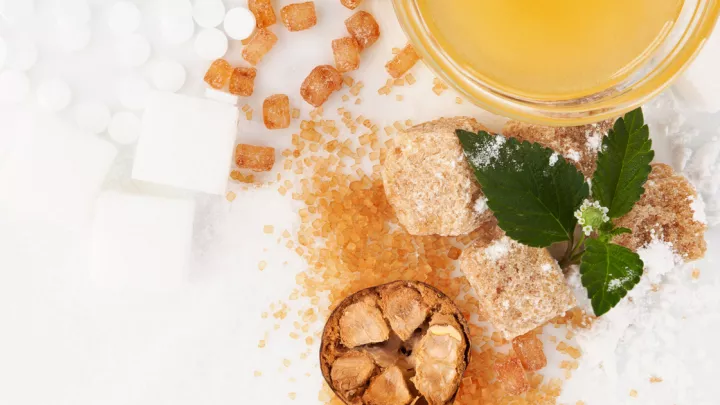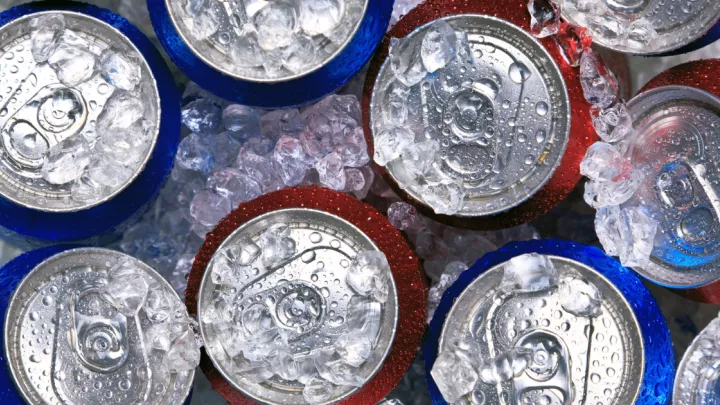Is high-fructose corn syrup linked to cancer?

Sugary foods and drinks are a staple in the American diet. A type of sugar called high-fructose corn syrup has recently gained attention for its potential link to cancer risk, leaving many people wondering if it should be avoided.
What is high-fructose corn syrup?
High-fructose corn syrup is a liquid sweetener made by breaking down corn starch. It contains two types of sugars: glucose and fructose. Simply put, fructose tastes sweeter, so increasing the proportion of fructose in corn syrup enhances the sweetness.
Due to its cheap cost and long shelf life, high-fructose corn syrup is commonly used in products such as cereals, soft drinks, juices, baked goods and candies. Its widespread use means that many Americans consume it daily, often without realizing it.
Does high-fructose corn syrup increase cancer risk?
Research shows that consuming excessive added sugars increases the risk of cancer, obesity and other chronic diseases. There is inconclusive evidence that different types of sugar increase your risk of disease over others.
Is high-fructose corn syrup bad for you?
While high-fructose corn syrup may not be inherently worse than other sugars, making healthy changes to your diet can improve your health and potentially lower disease risk. Consider these tips:
- Drink water. Add fresh fruits or cucumber for a fun, refreshing twist.
- Limit sweetened drinks and sodas. Choose low-sugar or diet options instead.
- Swap your snacks. Opt for nuts, cheese, fruits, vegetables or low-fat yogurt.
- Read nutrition labels. Aim to keep added sugar intake below the American Heart Association’s recommendation of 25 grams per day for women or 36 grams per day for men.
Bottom line
Reducing overall added sugar intake is a better goal than solely avoiding high-fructose corn syrup. Using the tips above, focusing on eating a well-balanced diet and maintaining a healthy weight can help reduce cancer risk. Check out the American Institute for Cancer Research’s 10 recommendations for cancer prevention for more ways to benefit your health.
The Cancer Risk and Prevention Clinic can assess your cancer risk and offer a personalized plan to prevent cancer. Call 402.559.5600 to schedule an appointment.







